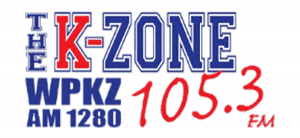LEOMINSTER – Members of American Legion Post 151 presented the Leominster Post 151 American Legion Baseball team with a $1,500 check earlier this month. The donation was made in honor of amateur athletic league American Legion Baseball celebrating 100 years and will help to offset some of the team’s expenses. At the June 16 check […]
Dunstable
Boy scouts collect food for residents in need this season
PEPPERELL — “To help other people at all times” is part of the Boy Scout Oath, and members of the Dunstable Cub Scouts Pack 28 were thankful and overwhelmed by the generosity of local residents who donated to the 2024 “Scouting for Food Program.” The scouts collected more than 2,200 pounds of food which filled […]
Dracut selectmen to pick new town manager
DRACUT — The Board of Selectmen is expected to appoint a new town manager on Tuesday night, choosing between the current town administrators of Dunstable and Lancaster.
Scarsdale scratches out 1st Middlesex House win
PEPPERELL — First-term Democratic Rep. Margaret Scarsdale defeated her Republican challenger Lynne Archambault to keep her 1st Middlesex District seat in the state’s House of Representatives.
Kennedy keeps 1st Middlesex Senate seat
LOWELL — State Sen. Ed Kennedy beat his Republican challenger Karla Miller to win a third term representing the 1st Middlesex District. Kennedy won 63% of the vote to Miller’s 37%, based on unofficial returns.
Dracut town manager finalists announced
DRACUT — The Board of Selectmen will interview two finalists for the job of town manager as soon as next week, according to Chair Tony Archinski.
